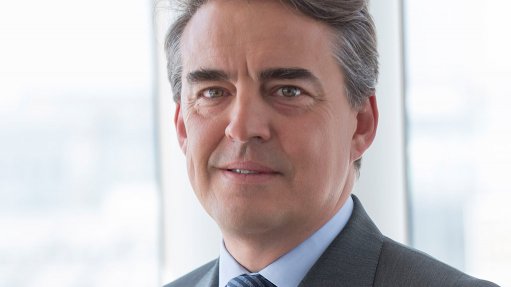
Alexandre De Juniac
Photo by: Iata
The representative body for the global airline industry, the International Air Transport Association (Iata), has opposed the introduction by some countries of quarantine for arriving international travellers. These measures were part of those countries’ efforts to contain the Covid-19 pandemic.
“This week we have seen the UK announce a mandatory 14-day quarantine as part of its plans when easing its lockdown. There are few details about how long and under what conditions,” highlighted Iata director-general and CEO Alexandre de Juniac. “Similarly, Spain announced 14-day quarantine measures [sic] on arrival [that] would be in place there until at least 24 May and possible [sic] longer. International travel cannot restart under such conditions.”
In a recent Iata survey, carried out in 11 markets, quarantine measures were listed as one of their main concerns by 84% of travellers. No fewer than 69% indicated that they would not resume travelling if such conditions were in force.
“Our top priority is to restart this industry safely,” he assured. “We are proposing a series of measures that we believe will give governments the confidence to reopen their borders. It is a risk-based layered approach to biosecurity that needs to be coordinated globally. That’s important. The arriving country must be confident of the procedures in place at the departing airport. And travellers will need the reassurance of common measures.”
Iata has proposed a layered and risk-based biosecurity system. Temperature checks and other procedures would prevent people with Covid-19 symptoms from flying. State-managed and robust systems of health declarations and strict contact tracing could manage the risk posed by asymptomatic Covid-19 passengers.
“We oppose quarantine measures because the combination of these measures, if well-implemented globally, can manage the risks,” he affirmed. “We are working with ICAO [International Civil Aviation Organisation] and other stakeholders to put in place an agreed risk-based layered system quickly to safely and efficiently restore global connectivity.” (ICAO is a specialised agency of the United Nations, which oversees global civil aviation.)